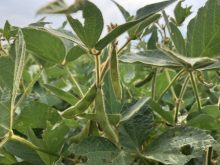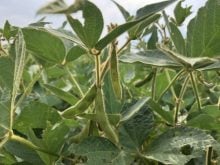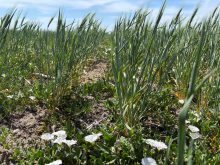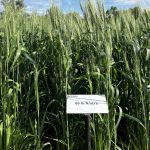Chicago | Reuters — Tennessee on Thursday imposed restrictions on the use of dicamba, a flagship pesticide for Monsanto, to become the fourth state to take action as problems spread over damage the herbicide causes to crops not genetically modified to withstand it.
Dicamba is sprayed by farmers on crops genetically modified to resist it but it has drifted, damaging vulnerable soybeans, cotton and other crops across the southern U.S. Farmers have fought with neighbors over lost crops and brought lawsuits against dicamba producers.
Arkansas banned its use last week and Missouri, which initially halted dicamba spraying, has joined Tennessee with tight restrictions on when and in what weather spraying can be done. Kansas is investigating complaints.
Read Also
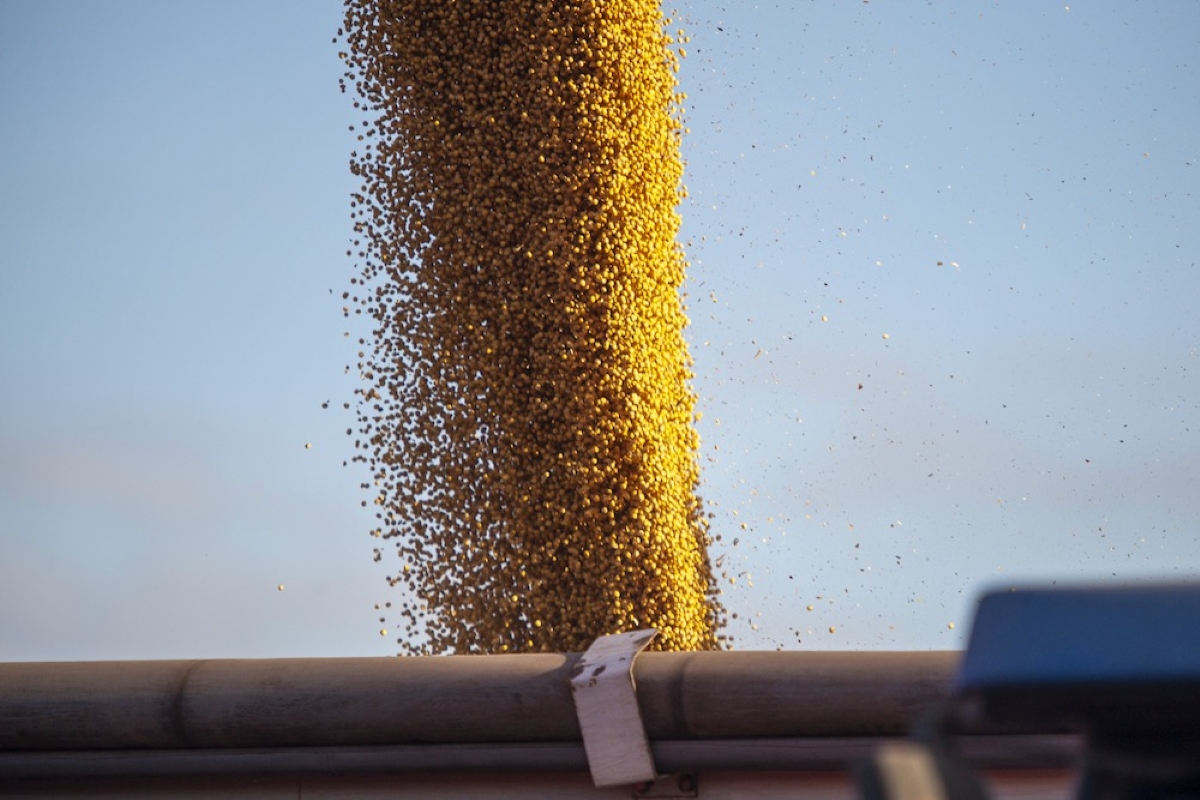
Brazil to reap record soy crop in 2025/2026, increase exports
Brazil’s Conab said the country will reap a record soybean crop of 177.6 million tons in the 2025/2026 harvest year, according to data released on Thursday.
Monsanto, which said it has spent years working to make dicamba stickier and limit drift when it is sprayed, is campaigning to overturn the bans.
The company, together with BASF and DuPont, which also produce dicamba herbicides, has agreed to additional safeguards for product use, Missouri Director of Agriculture Chris Chinn said in a statement.
Dicamba is key to Monsanto’s biggest-ever biotech seed launch, which occurred last year. Its Xtend line of soybeans and cotton are designed to tolerate the weed killer, which replaces earlier products that contained only glyphosate.
Some weeds have developed resistance to glyphosate, which Monsanto introduced in the 1970s. Crop seeds such as corn, soybeans and cotton are genetically modified to survive the pesticide while yield-sapping weeds die.
Dicamba has long been used to kill weeds prior to the planting of crops, but its use has spiked this season across the U.S. after regulators last year approved it for crops that are already growing.
Monsanto sells a new dicamba formulation under the name Xtendimax. The company says that Xtendimax drifts less than older versions. BASF and DuPont also sell less drift-prone formulations.
New restrictions in Tennessee include allowing application only from 9 a.m. to 4 p.m. to limit potential pesticide drift.
“I’m confident that we can address this issue as we have in other cases to ensure the safe and effective use of these tools,” Tennessee Agriculture Commissioner Jai Templeton said in a statement.
— Karl Plume reports on agriculture and agribusiness for Reuters from Chicago.





